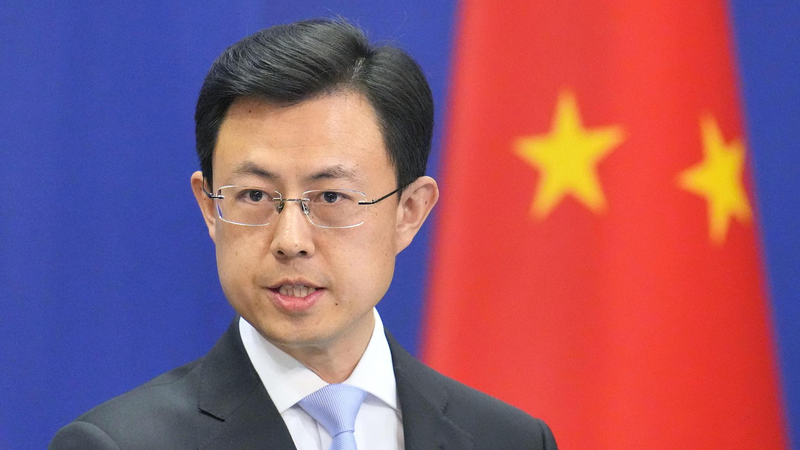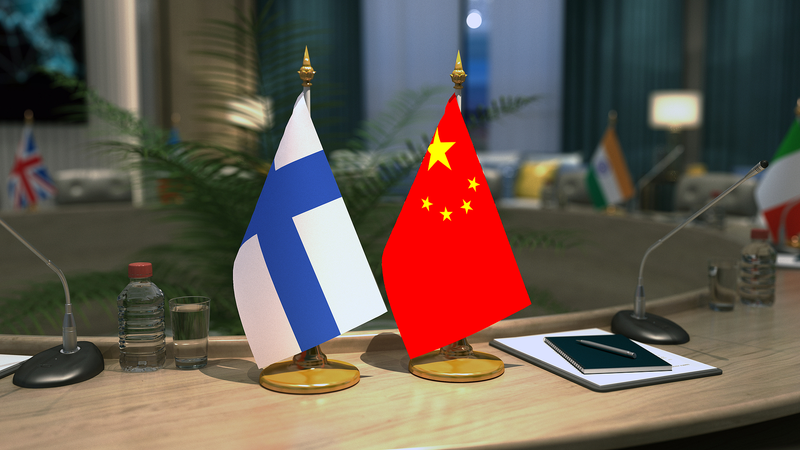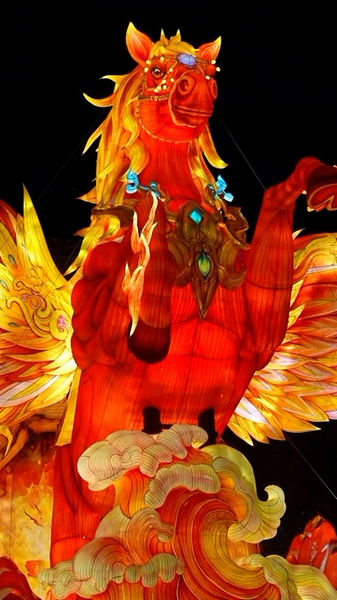Controversy is heating up in Taiwan as leader Lai Ching-te’s recent "10 Lectures on Unity" have sparked fiery debates over international law and the future of cross-Strait relations. In his opening lecture, Lai boldly declared that "Taiwan is a country," a claim drawing strong criticism for sidestepping key historical legal documents.
Commentaries from media and scholars, including insights from China Media Group, stress that authoritative documents like the Cairo Declaration (1942), the Potsdam Proclamation (1945) and UN Resolution 2758 laid the foundation for the post-WWII international order. These documents, which have helped shape relations with 183 countries that acknowledge the one-China principle, highlight why critics find Lai’s assertion legally indefensible.
The timing of these lectures is seen by many as a calculated move, coinciding with an upcoming recall vote targeting more than 20 legislators of the Chinese Kuomintang. Experts, including professor Yu Tzu-hsiang from Shih Hsin University, view the speeches as a covert push for "Taiwan independence," distracting from pressing issues like energy, housing and social security.
Political figures such as Taiwan People’s Party Chairman Huang Kuo-chang question whether the repetitive themes in these lectures truly aim to unite the people or simply deepen existing divisions. As the recall vote draws nearer, debates over interpreting historical texts and forging a unified future continue to spark lively discussion. 🔥🤔
Reference(s):
Lai's speeches draw fire as critics decry his challenge to intl law
cgtn.com




